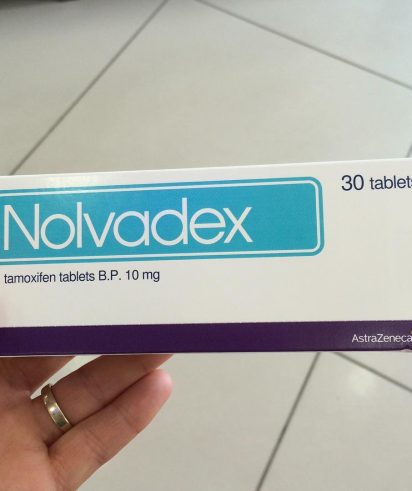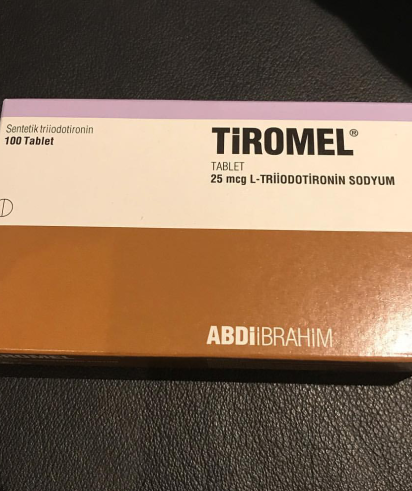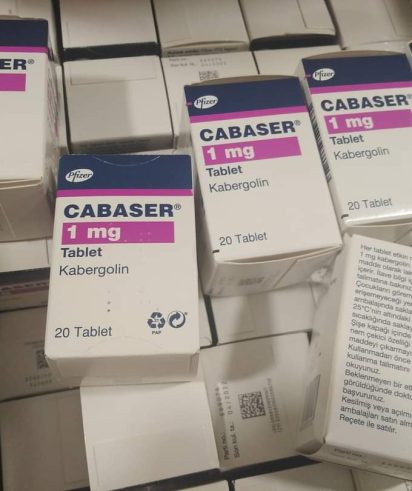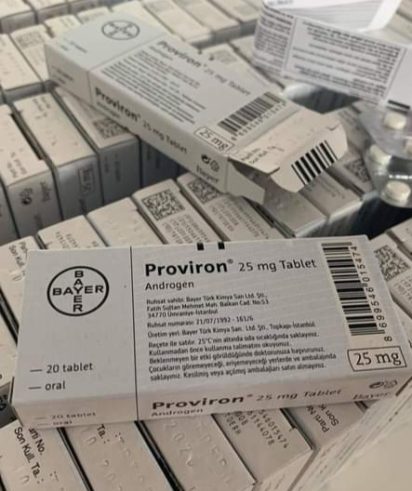Description
Clomid Uses, Dosage & Side Effects
Clomid (clomiphene citrate) is a medication commonly used to treat infertility in women. It stimulates ovulation, making it useful for women who have trouble ovulating naturally. Clomid is often the first-line treatment in fertility therapy due to its affordability and effectiveness. It works by blocking estrogen receptors in the brain, leading to increased production of follicle-stimulating hormone (FSH) and luteinizing hormone (LH), which can trigger the ovaries to produce eggs.
Common Uses of Clomid:
- Ovulation Induction: For women who are anovulatory (don’t ovulate), Clomid helps trigger ovulation.
- Polycystic Ovary Syndrome (PCOS): Clomid is commonly prescribed for women with PCOS, a hormonal disorder that can prevent ovulation.
- Unexplained Infertility: Sometimes used when the cause of infertility is unclear, combined with other treatments.
- Clomid for Men: It is also used off-label to treat male infertility by increasing sperm production and addressing low testosterone levels.
Clomid Dosage:
- Clomid is usually taken as a 50 mg pill for five consecutive days, beginning on day 3, 4, or 5 of the menstrual cycle.
- If the initial dose is ineffective, it can be increased under medical supervision.
Side Effects:
- Hot flashes
- Mood swings
- Bloating
- Nausea
- Breast tenderness
- Headaches
- Ovarian hyperstimulation syndrome (OHSS) in rare cases
Success Rates:
Clomid has a good track record for inducing ovulation, with about 70-80% of women ovulating after taking the drug. Pregnancy rates, however, depend on other factors, such as age and underlying causes of infertility.
Clomid for Men:
Though primarily for women, Clomid is sometimes used in men to treat low testosterone levels and improve sperm count, as it stimulates the production of hormones that support sperm production.
Availability:
Clomid is available via prescription in the USA. It’s often prescribed by fertility specialists, OB-GYNs, or reproductive endocrinologists. The cost of Clomid can vary, but it is generally considered affordable compared to other fertility treatments like IVF.
Always consult with a healthcare provider before taking Clomid, as it may not be suitable for everyone, especially those with certain medical conditions.

























Jendar Basi –
I have been using this source for quite some time and I really like their variety of products! The doses are potent and the quality of the gains I get are fire! I’ve used these products for a show prep and I really got great results from it! The Test E is good but I personally liked the Mast P. I would also like to say how great these guys are at taking care of any issues or requests. Had some issues with the product mixup and they resolved it at lightning speed. They will go the extra mile to make sure their customers are satisfied.
Lila Urps –
Tracking information was given after two days of payment confirmation which is pretty fast regarding the time we have to usually wait for post to arrive these days. The service I had received was great too
Chris NH –
I’ve been ordering from them the past 4 years and the products are top notch. The only thing which wasn’t their fought was the Covid mess, just took a long time to get my orders. I’ll be placing more orders very soon and I’m very excited. Thanks, Chris;
frank aliana –
There is one thing for sure from this site, they will make sure that you guys will be satisfied with their service and they will do everything to give you their best~ This will now be my go to because you can’t beat how simple everything is!
Amos Genesis –
I’m currently using this brand for the last 3 weeks now and I am satisfied. This was actually a test order to see if it was a legit product. Checked the serial number and yeah! The product was original. Glad that the site came through. Ended up placing a bulk order from them.
mordechai myra –
Support from the team has been really great and the ordering process went smoothly. The replies took some time but the team explained that from their side the error came and it was because of the number of the orders they had to handle. Still they gave me some good help and I don’t mind that so much. They kindly asked me to be patient and i saw 2 days later it was let through customs.
Kaden –
Products, prices, and customer service are all exceptional! I do not see any reason why I need to switch suppliers when they do their job as well as they do. The clomid is legit and I had no issues with it whenever I look at the product codes. It is nice to know the stuff I am taking is clean!!
George –
I received my products, the order took 3 days to reach me so plan accordingly. I sent two messages to customer service, both received a reply within 2 hours. They were polite and informative. When I opened my box I had many free goodies. Well worth the wait. I will order again.
-s.fields – –
I WAS WRONG
I’m never afraid to admit when I was wrong, and I was in this case. Considering there’s a global pandemic, my package was delivered in a reasonable fashion. I assumed I was being scammed because of the lack of updates from the shipping provider. Luckily the customer service was phenomenal. Thank you! I highly recommend!
Noah Oliver –
Now that I have had a few good experiences with them, I will definitely be recommending this source to everyone I know! You don’t just come across other sources like this very often that have A+ comms and support. Products are also from reputable brands which I like! I never have problems with them and that is the reason why I come back to them.
Kullie Shahin –
During the days when I was a professional athlete and I was exposed to all kinds of “supplements”, only this guys stood out from the rest. No fillers, just clean supplements. You will also not feel any side effects. If you love your body, give it ALA!
Darius –
Never thought I would like using these products as much as I do but hey, they are awesome. I usually got from someone in my area but the price was ridiculous and even though I got it there and then, I still would rather save some money and order online.
Cackers –
2nd time I ordered from ALA , I got exactly what I ordered plus more . Took just a lil over 4 days to get to NZ . Was able to track my order the whole time . I like this company and will continue to do business with them
Latanya Dwane –
I’ve been ordering from this source since last year and I have never once felt disappointed with them. They have been the most transparent, reliable, and trustworthy supplier that I’ve used. That’s all I am looking for at the end of the day.